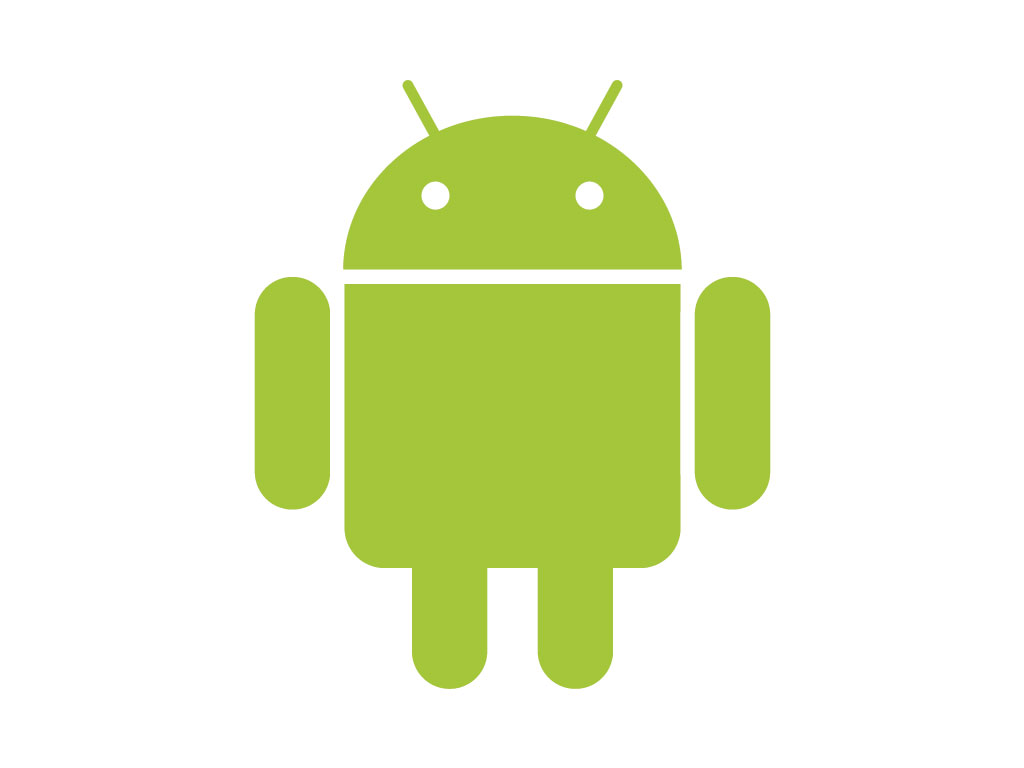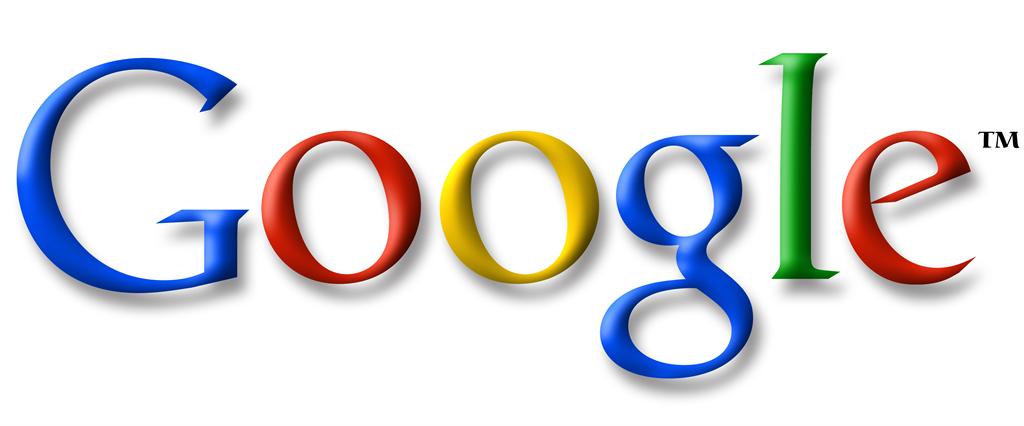 There have been reports (referred to by this here) pondering if Motorola grabbed an “exclusive” deal with the Google-led Open Handset Alliance for Android 2.0 on its Droid (or, in Europe et al, Milestone) handset. There does not appear to being any formal confirmation of this but it was mentioned that, anecdotally, other vendors (and fellow members of the Open Handset Alliance) like HTC, LG, Kyocera and Samsung were still deploying version 1.5.
There have been reports (referred to by this here) pondering if Motorola grabbed an “exclusive” deal with the Google-led Open Handset Alliance for Android 2.0 on its Droid (or, in Europe et al, Milestone) handset. There does not appear to being any formal confirmation of this but it was mentioned that, anecdotally, other vendors (and fellow members of the Open Handset Alliance) like HTC, LG, Kyocera and Samsung were still deploying version 1.5.
They quoted industry analyst Ross Rubin as to why Android 2.0 debuted on a Motorola device:
[…] There could be several reasons. Verizon’s subscriber strength and more direct competition with AT&T and the iPhone may have led it to push for Android 2.0 to be more competitive. Or it could be simple product development timetables. Moving forward, HTC will want to put its Sense user experience on top of Android 2.0, which requires development time. Google wants a healthy Android ecosystem and a competitive Motorola contributes to that.
The article went on to refer to the respective releases for 1.0 and 1.5 (both to HTC). However, one might argue that, for the first two releases, there was not much harm done in working more closely with HTC as they were the front-runners on deploying an Android phone, so that the concerted marketing buzz etc might have been justified. However, now that there is a large number of vendors deploying, one might query the compliance of the term “open source” with such exclusivity arrangements.
 It also highlights the dominance Google has in the Open Handset Alliance which might, longer-term, lead to assertions that Google is in fact using the open source road as a cover to push what is effectively an OS largely driven by them. I am not implying that it is and a healthy ecosystem with multiple strong is important in particular for the launch of a new OS in a space so full of powerful multi-nationals but there is a fine line to walk in order to get it right.
It also highlights the dominance Google has in the Open Handset Alliance which might, longer-term, lead to assertions that Google is in fact using the open source road as a cover to push what is effectively an OS largely driven by them. I am not implying that it is and a healthy ecosystem with multiple strong is important in particular for the launch of a new OS in a space so full of powerful multi-nationals but there is a fine line to walk in order to get it right.

1 Pingback